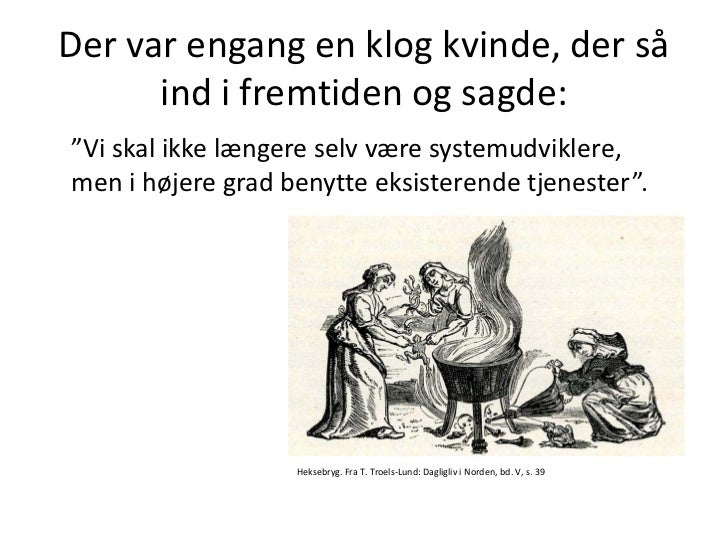

Think of every decision you have ever made in the moment because it felt good.and the price you paid after it. What a tragedy it is to trade the short-term moments of pleasure for consequences that usually far outweigh them. In Esau’s case, he was hungry in the moment, so he 'seized the day,' having no regard for his birthright. One of the pitfalls of seizing pleasure in the moment is that it can cause you to overlook the longer-term consequences. Then Jacob gave Esau bread and lentil stew, and he ate and drank and rose and went his way. And Esau said to Jacob, “Let me eat some of that red stew, for I am exhausted!” (Therefore his name was called Edom.) Jacob said, “Sell me your birthright now." Esau said, “I am about to die of what use is a birthright to me?" Jacob said, “Swear to me now.” So he swore to him and sold his birthright to Jacob.

Once when Jacob was cooking stew, Esau came in from the field, and he was exhausted. If you consider ‘carpe diem’ from the perspective of a pursuit of pleasure, then you have a problem. Since you won’t be young forever, and tomorrow is promised to no one, get it now.ģ Dangers in the ‘Carpe Diem’ Perspective on Pleasure However, another popular interpretation of this phrase can be to live for the moment and have as much fun as you can now, because you only live once. The use of this phrase is generally meant to take advantage of the moment.or, when the opportunity arises take it-because it may not come around again. Over time this line has been shortened to the term carpe diem and the definition has been changed to seize the day. "carpe diem quam minimum credula postero,” which can be translated as “pluck the day, trusting as little as possible in the next one,” According to Merriam-Webster the original line used in his poem was Should you, as a Christian, have a philosophy like this? If you do, how does it line up with the Word of God? Is it a pitfall.or is there potential in the "carpe diem" catchphrase? And if you are seizing the day, then who are you seizing it for? What Does 'Carpe Diem' Mean?Īs I mentioned earlier this term is interpreted as "seize the day," but there is an earlier interpretation used by the Roman poet Horace.


 0 kommentar(er)
0 kommentar(er)
